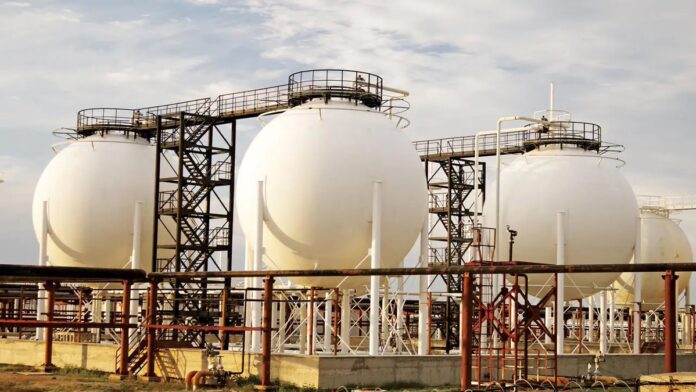In a bold move to boost Nigeria’s gas utilization sector, the Nigeria Customs Service (NCS) has announced a zero-duty policy for imported machinery and equipment.
The measure aligns with President Bola Tinubu’s fiscal incentives under the Presidential Gas for Growth Initiative.
The NCS clarified that all equipment and spare parts for compressed natural gas (CNG) and liquefied petroleum gas (LPG) projects will now attract zero import duty.
Additionally, the items have been zero-rated for Value Added Tax (VAT).
This announcement is expected to reduce operational costs for gas-related projects, making clean energy more accessible to Nigerians.
The NCS cited Part 1, Section 5 of the Customs and Excise Tariff Act as the legal basis for this exemption.
Key items included in the zero-duty policy are machinery, spare parts, and components used in the processing, storage, and distribution of CNG and LPG.
Also exempt are conversion kits and installation services for vehicles and other equipment transitioning to CNG and LPG.
“Importers can now breathe easier,” an NCS spokesperson declared, emphasizing the transformative impact of these changes.
Importers wishing to enjoy the benefits must meet specific requirements.
They need to obtain an Import Duty Exemption Certificate (IDEC) from the Federal Ministry of Finance.
Additionally, a letter of support from the Office of the Special Adviser to the President on Energy is required.
These steps aim to ensure that only genuine projects benefit from the initiative.
In a surprising move, the NCS also announced relief for petroleum marketers.
All debit notes issued to marketers who imported LPG using specified HS Codes from August 26, 2019, to date will be withdrawn.
This decision ensures that marketers are not penalized for previous imports under the now-exempt categories.
Industry insiders have lauded the move as a step in the right direction.
“It’s a game-changer,” said one marketer. “This is the type of support we’ve been waiting for.”
The government’s zero-duty policy is part of a broader effort to accelerate Nigeria’s clean energy transition.
Feed gas for processed gas, compressed natural gas, and imported liquefied petroleum gas will all benefit from VAT exemptions.
“This initiative will reduce the cost of living, enhance energy security, and move Nigeria closer to cleaner energy sources,” the NCS spokesperson added.
The policy also supports the Presidential Compressed Natural Gas (CNG) initiative, which aims to expand infrastructure and reduce dependence on traditional fuels.
Experts believe the new policy could bring significant economic and environmental benefits.
Lower import costs for gas-related equipment are expected to boost local industries and encourage investment in the gas sector.
“This will create jobs and improve energy availability,” said an economist familiar with the policy.
Environmentally, the shift to CNG and LPG is seen as critical for reducing greenhouse gas emissions.
President Tinubu’s administration has repeatedly emphasized energy as a cornerstone of national development.
By removing barriers to gas utilization, the government is tackling two major challenges: high energy costs and environmental degradation.
Observers say this aligns with global trends favouring cleaner and more sustainable energy sources.

